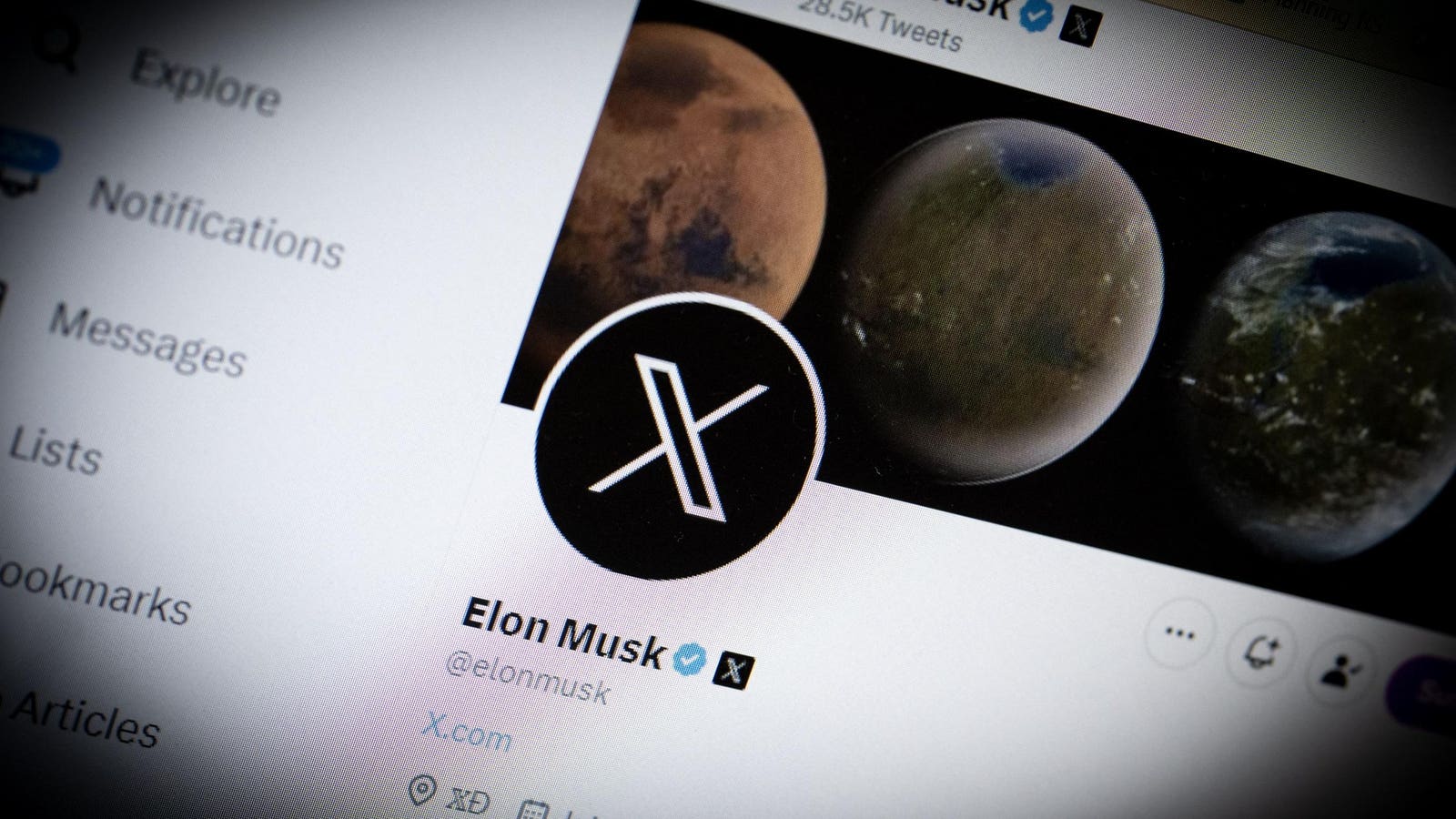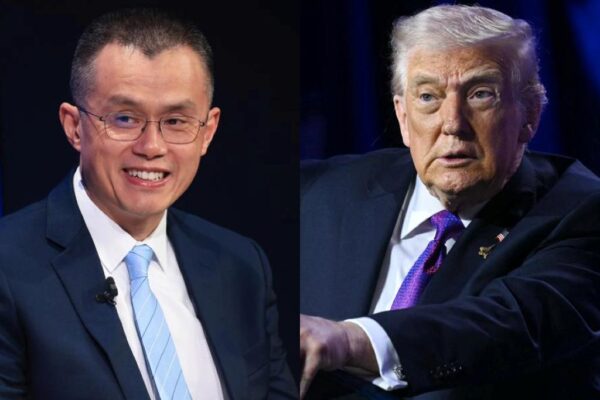Elon Musk’s X Breached Twitter Worker Contracts By Refusing Bonuses, Judge Rules
Share to FacebookShare to TwitterShare to LinkedinTopline A federal judge in California ruled that X Corporation’s old agreements to pay bonuses to former Twitter employees were valid—paving the way for workers to sue for the millions of dollars the social media company allegedly refused to pay in the volatile months after it was purchased by billionaire Elon Musk.
A judge found X can be sued for not paying out bonuses to pre-Elon Musk employees.
AFP via Getty Images Key Facts Mark Schobinger, Twitter’s former director of compensation before Musk’s takeover of the company in November 2022, sued the social media company now known as X Corporation in June after they refused to pay a bonus he says he was promised from the year before.
Judge Chhabria denied X’s motion to dismiss Schobinger’s lawsuit Friday, finding he had “plausibly stated a breach of contract claim under California law.”
Lawyers for X argued the company’s Performance Bonus Plan was not a valid, unenforceable contract—and they could not be forced under state law to fulfill the terms of an oral agreement between Schobinger and the company’s old management.
However, Judge Vince Chhabria ruled California’s rules concerning oral contracts “come into play only when a valid, enforceable written contract already exists”—and X already argued that a written contract laying out discretionary bonuses was invalid.
If the lawsuit and similar cases are successful, the company could be forced to pay out millions to Schobinger and other former employees who say they were promised bonuses if they stayed on after Musk’s purchase of the social media company.
X, who no longer has a public relations team, could not immediately be reached for comment.
Key Background According to the lawsuit, former Twitter CFO Ned Segal “repeatedly” promised Schobinger and other employees they would be paid 50% of their targeted bonus based on the company’s bonus plan—a payment scheme based on how well the company performs financially as a whole. After Musk’s acquisition of the company in November, the employees were told their 50% bonuses would remain intact if they chose to stay at the company under the new leadership. Schobinger claimed he “regularly received calls from recruiters and companies regarding other employment opportunities” in the months after the acquisition, but he turned them all down due to the promised payout. Twitter historically paid bonuses in the first quarter of the new year—usually March—but when the quarter ended, no employees received any portion of their promised bonus. Schobinger filed the lawsuit for breach of contract in June.
Tangent Schobinger’s lawsuit is only one of a series of legal disputes between the company and its former employees, after Musk laid off thousands of Twitter staff members in his early months at the social media company’s helm. In the months following November, over 2,200 arbitration cases were filed against X by employees who say the new leadership refused to pay them their promised severance pay. Several former employees have now sued the company, noting the company’s sale agreement with Musk included a clause “that protected its employees by ensuring that they would receive severance at least as favorable during the post-merger period as they had under the old management.” Another class action lawsuit filed by ex-employees claimed the company owes up to $500 million in unpaid severance for the nearly 5,000 staffers it has laid off since November.
Further Reading












 Bitcoin
Bitcoin  Ethereum
Ethereum  Tether
Tether  XRP
XRP  USDC
USDC  Solana
Solana  TRON
TRON  JUSD
JUSD  Dogecoin
Dogecoin